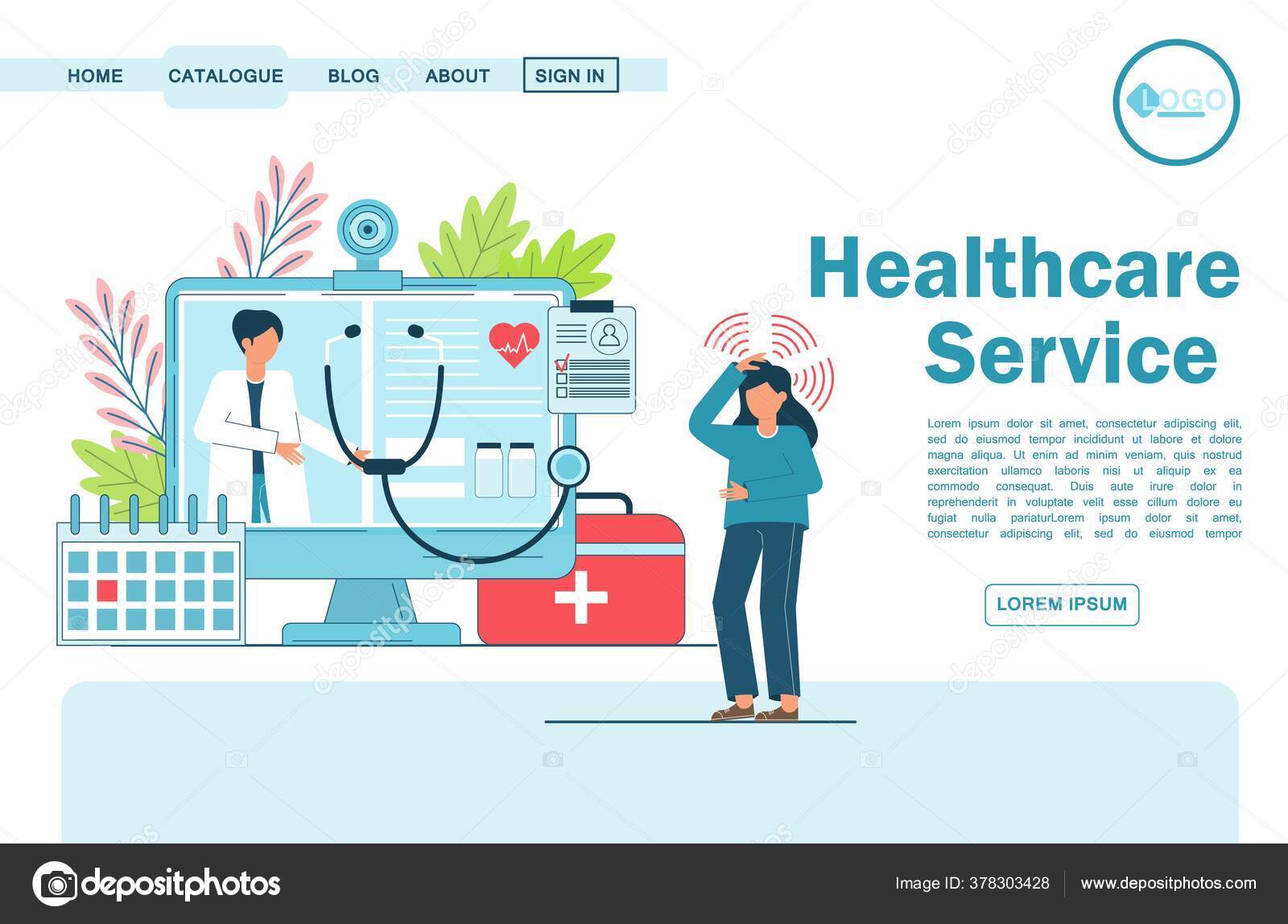Opening the Secrets of Subscription Based Healthcare for Better Patient Outcomes
Opening the Secrets of Subscription Based Healthcare for Better Patient Outcomes
Blog Article
Navigating the Future of Medicine With Subscription-Based Medical Care Services
As the healthcare industry progresses, subscription-based services become an essential version promising to improve individual care shipment. With the potential to supply structured, cost-effective services via predictable rates and customized attention, these solutions stand at the forefront of contemporary medical innovation. Yet, as we consider their increase, one should contemplate the effects of integrating such systems right into existing health care frameworks. What difficulties do they position in regards to data safety and equitable access, and just how might they redefine the patient-provider connection? The solution to these questions can basically change our approach to health care.
Rise of Subscription Health Care
As health care systems all over the world face boosting stress from increasing expenses and demand for solutions, the development of subscription-based healthcare versions has become a transformative pattern. This innovative strategy is interrupting conventional healthcare shipment by providing a predictable, flat-rate repayment framework for medical solutions. Rooted in the concepts of concierge medication, subscription-based medical care allows suppliers to concentrate on tailored client treatment while concurrently taking care of functional efficiencies.
The enhancing customer demand for transparency and predictability in health care costs has actually driven the change towards this design. Subscription-based solutions typically supply direct access to healthcare specialists, which can decrease the administrative worries linked with insurance coverage claims and reimbursements.
This model is getting grip among diverse health care companies, from health care physicians to specialized facilities, by aligning monetary incentives with precautionary and continuous care. By shifting the focus from volume to value-based treatment, subscription medical care has the prospective to improve the landscape, fostering an extra sustainable and patient-centered method to health and wellness administration.
Advantages for Patients

Additionally, subscription-based solutions commonly highlight precautionary treatment, encouraging regular check-ups and wellness testings. This aggressive method can cause very early discovery of wellness issues, possibly boosting results and reducing lasting healthcare expenses for individuals. Additionally, such models usually offer transparent rates, enabling people to much better comprehend their medical care costs and avoid unforeseen medical costs.
The customized nature of subscription-based healthcare likewise enhances patient experience. Patients can obtain customized healthcare plans that suit their specific needs, fostering an extra patient-centric strategy. This personalization can lead to enhanced individual contentment and adherence to treatment plans. Subscription solutions frequently incorporate wellness programs, supporting individuals in keeping overall health and well-being. Ultimately, these benefits collectively add to an extra efficient, economical, and patient-friendly healthcare experience.
Technology's Role in Improvement

Synthetic knowledge (AI) plays an important role in anticipating analytics, assisting in early medical diagnosis and customized click for source therapy plans. AI algorithms evaluate large datasets to recognize patterns that could be forgotten by human monitoring, hence boosting professional decision-making. Additionally, digital health and wellness documents (EHRs) streamline patient details administration, making sure connection and comprehensibility of care across different services and providers.
Blockchain modern technology improves data safety and security and personal privacy, crucial for maintaining patient depend on in electronic platforms. It allows clear and secure transactions of clinical data, guaranteeing that delicate info continues to be protected. With the integration of artificial intelligence and AI, blockchain can automate complex medical care procedures, lowering management problems.
Difficulties and Considerations
While innovation moves the capabilities of subscription-based health care services, it likewise presents a set of challenges and considerations that have to be resolved to guarantee effective application. One substantial obstacle is the fair ease of access of see here now these solutions. As registration designs frequently count on electronic systems, there is a threat of exacerbating the digital divide, leaving behind people without internet access or digital proficiency. Guaranteeing these solutions do not overmuch profit only tech-savvy and wealthy populaces is imperative.
Data personal privacy and safety stand for another vital factor to consider. Subscription-based solutions commonly require the collection and storage space of large amounts of individual health and wellness info. Companies should stick to stringent data protection regulations to maintain individual trust fund and avoid unauthorized access, which could bring about significant honest and lawful consequences.
Additionally, the sustainability of subscription versions poses a challenge. As healthcare needs advance, preserving a cost-effective equilibrium between membership fees and service high quality is crucial to avoid person discontentment and attrition. Furthermore, integrating these services within conventional medical care systems requires seamless interoperability in have a peek at this website between systems, which is typically a complex and resource-intensive endeavor. Resolving these difficulties is crucial as subscription-based health care services continue to advance and expand.
Future Implications for Medication
Subscription-based health care services are positioned to significantly influence the future landscape of medicine by reshaping how treatment is accessed and delivered. These models offer the potential to democratize medical care gain access to, supplying people with more tailored and timely interventions. By leveraging innovation, such as telemedicine and information analytics, membership services can help with continual monitoring and customized wellness management, thus boosting end results and decreasing the burden on standard health care systems.
As these services gain traction, they might stimulate a change towards preventative care, stressing the relevance of very early detection and monitoring of chronic conditions. This positive strategy might ultimately decrease healthcare expenses by mitigating the need for pricey therapies developing from late-stage disease administration. Moreover, membership versions use a scalable service to address differences in health care accessibility, specifically in rural or underserved populaces.
However, the shift in the direction of subscription-based versions necessitates resolving governing and moral factors to consider, consisting of information privacy and fair access. As the industry advances, joint efforts between policymakers, technology designers, and healthcare carriers will be essential to developing robust structures that protect client interests while fostering innovation. Inevitably, these services promise to contribute dramatically to a much more effective, patient-centered medical care environment.

Conclusion
Subscription-based health care solutions represent a substantial advancement in the medical field, using foreseeable costs and customized treatment that boost access and prioritize safety nets. Technological improvements, such as telemedicine and AI-driven analytics, facilitate tailored patient experiences, improving total health end results. Nonetheless, difficulties such as data personal privacy and fair access should be dealt with to guarantee the prevalent benefits of these services. As the health care landscape progresses, registration models are poised to play a critical role in forming the future of medication.
As the medical care market evolves, subscription-based solutions arise as a crucial design guaranteeing to improve individual treatment delivery.As medical care systems around the world face raising stress from climbing expenses and demand for services, the advent of subscription-based healthcare models has actually emerged as a transformative pattern (subscription based healthcare).With the increase of subscription-based healthcare versions reshaping traditional healthcare distribution, individuals are starting to experience significant benefits from this innovative method. As medical care requires evolve, preserving an economical equilibrium in between registration costs and solution quality is important to stop person frustration and attrition.Subscription-based medical care solutions are positioned to significantly affect the future landscape of medication by reshaping exactly how treatment is accessed and provided
Report this page